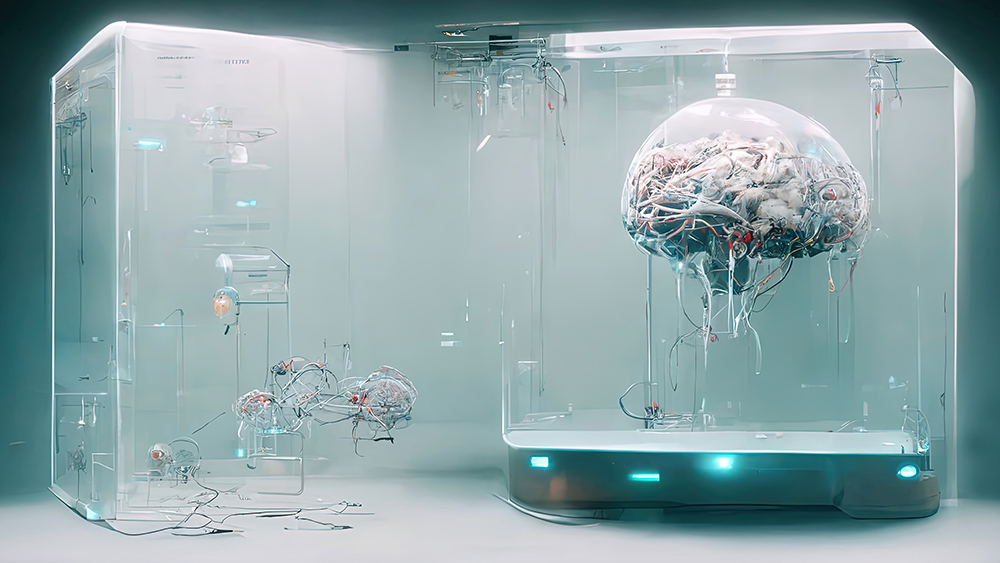
The wireless, handheld device uses spectroscopy and a set of algorithms to evaluate the cellular and sub-cellular characteristics of a skin lesion. The AI feature will allow for more accurate identification of cancer cells in a matter of seconds. The device will be able to detect three types of skin cancer -- basal cell carcinoma, squamous cell carcinoma, and melanoma, which is the deadliest form.
The conventional detection method involves a medical professional’s careful visual examination of the skin using a specialized magnifying glass. With this new AI-driven device, doctors should be able to make a more precise diagnosis. Currently, up to 99 percent of skin cancers are now curable when detected early. This device will make it even easier to find cancers before they do become deadly. Over time, this device will likely find more cancers in the population and therefore boost the number of patients receiving radiation, excisional surgery, photodynamic therapy, cryosurgery, Moh’s surgery, biological therapy, and chemotherapy.
“While dozens of companies have attempted to address this problem in recent decades, we are honored to be the first device cleared by the FDA that provides PCPs with an automated tool for evaluation of suspicious lesions,” said Cody Simmons, co-founder and CEO of DermaSensor Inc.
AI-driven device could miss cancers in people with dark skin and give off false positives in noncancerous lesions
Despite all the great promises of this new technology, the FDA says the device has limitations and should not be used as a sole diagnostic criterion for determining skin cancer. The FDA warns that the device should “not be used as a screening tool” and should only be used on skin lesions “already assessed as suspicious for skin cancer.”
The study that enabled the device’s FDA approval included over 1,000 patients. When put to the test on these patients, the device had a sensitivity of 96 percent across 224 skin cancers. For the negative results, there was a 97 percent chance the suspect skin lesion was benign for all skin cancers. So, there is room for false positives and false negatives. Therefore, a visual analysis by a dermatologist is still necessary for proper diagnosis. According to FDA officials, the device should be used “in conjunction with the totality of clinically relevant information from the clinical assessment, including visual analysis of the lesion, by physicians who are not dermatologists.”
A more promising clinical utility study involving 108 physicians showed that the DermaSensor device decreases the number of missed skin cancer by half. Current detection methods miss up to 18 percent of cancers. The device reduced that figure to just nine percent. The study not only increased the physician’s accuracy at determining various skin cancers, but also strengthened their confidence is assessing cancerous lesions for treatment referrals.
However, some medical experts are worried that this device might be inaccurate when dealing with darker skin tones. Due to the lack of freely available image databases for darker skin tones, these AI systems may be improperly trained and could miss deadly cancers in people who have darker skin tones. The other issue is that AI could over detect benign skin cancers that were never going to become life-threatening. Overuse of the technology could lead to over-treatment for benign lesions.
Sources include:
Please contact us for more information.



















